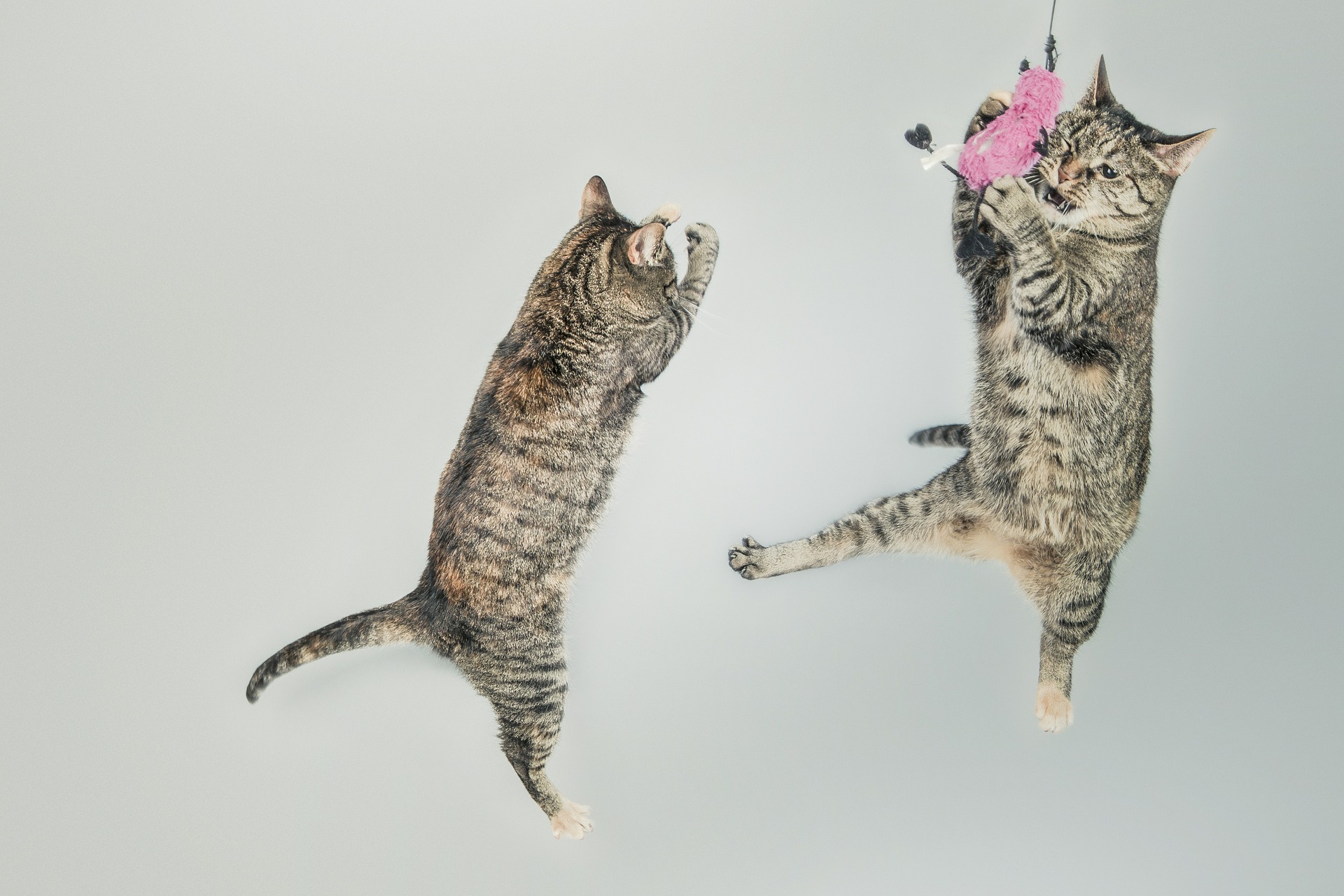If there were a safe and pain-free way to treat your cat, wouldn’t you want to know about it? Of course, you would!
It turns out there is a noninvasive, non-surgical way to treat pain that's been used in humans for more than 50 years, and it works just as well in cats. It's called veterinary laser therapy, and it’s safe, noninvasive, and non-surgical. Veterinary laser therapy works by using a penetrating light to stimulate and accelerate your cat’s natural self-healing ability. In other words, there are no incisions or subsequent recovery time.
Cat Laser Therapy and Pain Reduction
Cats with all sorts of health concerns can benefit from laser therapy, but first let’s look at how it provides pain relief in cats. Pain relief occurs in three main ways:
- Laser therapy opens the blood vessels and activates the lymphatic drainage system. Both bruising and inflammation are reduced, thereby reducing pain.
- It stimulates pain signal-blocking nerve cells.
- It encourages the production of endorphins, naturally alleviating pain.
To help you better imagine it, you can picture a small, hand-held wand emitting a soft glow of light. A medical professional will move it over your cat’s painful areas. Most pets relax because it releases endorphins which helps them to feel better. In fact, some cats see the immediate benefit after just one or two sessions.
Laser Therapy is Beneficial in Many Cases
Laser therapy can treat any type of pain, whether from an acute condition like a laceration, or from chronic conditions like painful arthritis. Laser therapy can also be beneficial during post-surgical healing, ear infections, and even dental problems like gingivitis.
In addition to faster healing, it can also improve your kitty's nerve functions and increase the metabolism.

What Does a Laser Treatment Feel Like?
"Humans receiving laser treatments report a gentle warmth at the area being treated, so it’s safe to assume that cats feel the same effect. Since laser treatments release endorphins, many cats will relax during and after treatment. Laser treatments do not require sedation, and cats won’t need to have their hair clipped. Treatment length varies but usually lasts between 2 and 8 minutes. The majority of patients will show improvement 12 to 24 hours after a treatment. Laser operators are required to wear protective eye goggles, and most practitioners will also provide protective eyewear for their feline patients." (Source)
Depending on your cat’s condition, your kitty may need multiple treatments to receive the most benefit. Your veterinarian can give you guidance.
One interesting thing to note though: fewer cats than dogs have laser therapy, according to Cornell University College of Veterinary Medicine, because we don’t always recognize their pain. “We see a lot fewer owners seeking laser therapy for conditions like arthritis in cats. Yet in smaller creatures like cats, lasers can more easily penetrate to the appropriate depth and can be quite effective. We have seen one cat respond very well to hock treatment — the cat went from not jumping onto furniture anymore to scaling countertops again.” If your cat seems to be less mobile, it could be due to arthritis pain, and laser therapy for cats could be a safe solution to get your kitty feeling spry again.
Finally, there are no known side effects, so it's certainly worth a conversation with your veterinarian.
